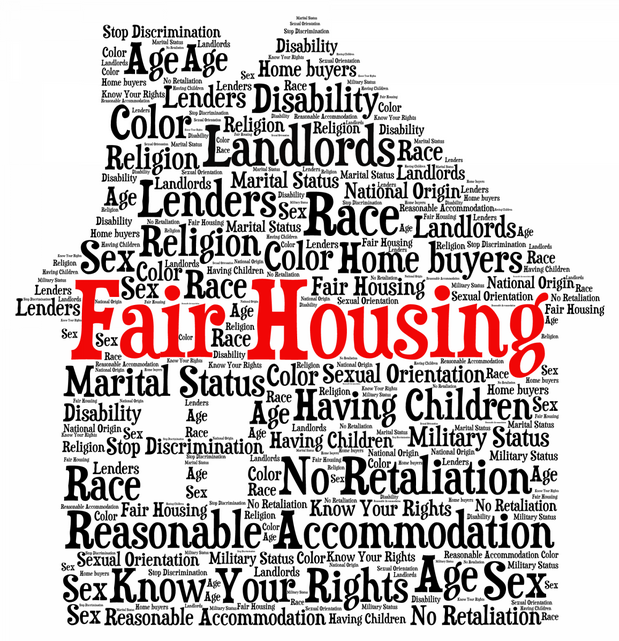Fair housing violations remain one of the most common—and often underestimated—areas of legal risk in real estate transactions. While blatant discrimination does occur, most violations today result from subtle behavior, unconscious bias, or misunderstanding of complex and varying local laws.
As a Real Estate Expert Witness, I am can evaluate agent conduct in fair housing claims, helping courts and counsel determine whether actions crossed the legal line.
What Is Protected Under Fair Housing Law?
At the federal level, the Fair Housing Act prohibits discrimination in housing on the basis of seven protected classes:
- Race
- Color
- Religion
- Sex
- Disability
- Familial status
- National origin
Many states expand on these protections. For example:
- New Jersey adds:
- Gender identity
- Sexual orientation
- Marital status
- Lawful source of income
- Gender identity
- New York includes:
- Age
- Marital status
- Military status
- Sexual orientation
- Gender identity or expression
- Lawful source of income
- Status as a victim of domestic violence
- Age
Because protected classes vary by jurisdiction, agents and brokers are often confused about what applies where. But confusion does not eliminate liability.
How Fair Housing Violations Happen
Fair housing violations are not always overt. In most of the cases the violation occurs through:
- Steering: Guiding clients toward or away from specific neighborhoods based on protected class assumptions.
- Discriminatory Language: Advertising that suggests preference or limitation (“family-friendly community,” “ideal for singles”).
- Failure to Accommodate: Not recognizing or denying reasonable accommodations for disability or other protected statuses.
Many agents are not consciously engaging in discrimination. Unconscious bias is often the root cause.
Real-World Example of Unconscious Bias:
An agent shows homes to a young couple. Without realizing it, they limit the search to communities near elementary schools, assuming the couple will want children. The couple did not ask for this limitation; the agent made the choice based on age and assumed familial status.
This is illegal steering under fair housing law, regardless of intent.
Why Intent Does Not Eliminate Liability
Fair housing law is structured around impact, not intent. Whether an agent’s actions were malicious or well-meaning is irrelevant if those actions result in limiting a client’s housing choices based on a protected class.
As a real estate professional, an agent’s role is to facilitate the client’s goals—not project their own preferences or assumptions. Courts and regulatory bodies will not accept unconscious bias as an excuse.
Broker and Agent Responsibility
Both brokers and agents share responsibility for ensuring fair housing compliance. Brokers are required by law to:
- Train agents on fair housing laws
- Monitor advertising and marketing language
- Review agent-client interactions for compliance
- Act on complaints or violations swiftly
When these duties are not fulfilled, both the agent and broker may face legal consequences including fines, civil liability, and license sanctions.
Conclusion: Fair Housing Compliance Is Not Optional
Fair housing laws exist to ensure that every individual has the right to choose housing free from discrimination or limitation. From a legal perspective, the rules are clear, and real estate professionals must comply—intentionally or not.
When evaluating a real estate dispute or regulatory complaint involving fair housing issues, the focus should be not just on what was said or done, but on how it impacted the client’s ability to make free and unbiased housing choices.
As a Real Estate Expert Witness, I can assist attorneys in analyzing agent and broker conduct in the context of fair housing law, providing clear, objective insight into whether actions were compliant with legal and professional standards.






